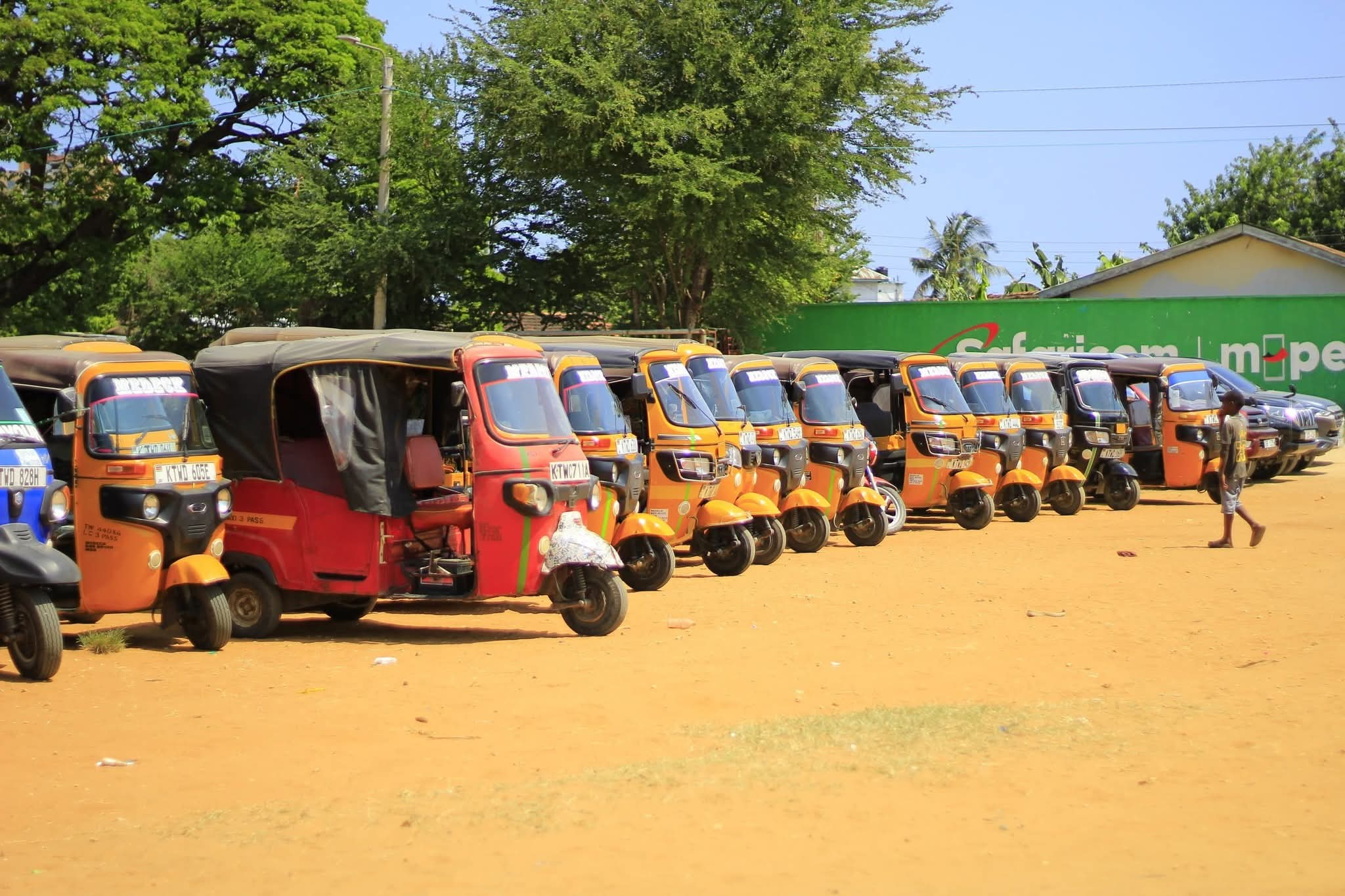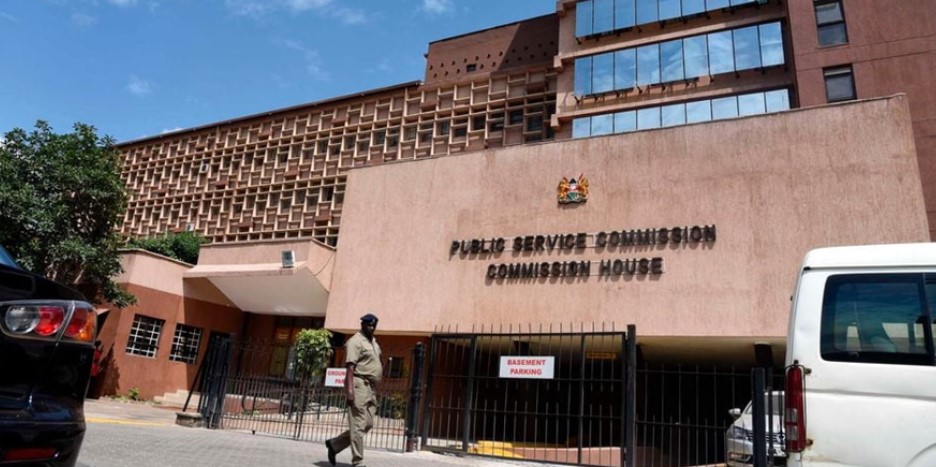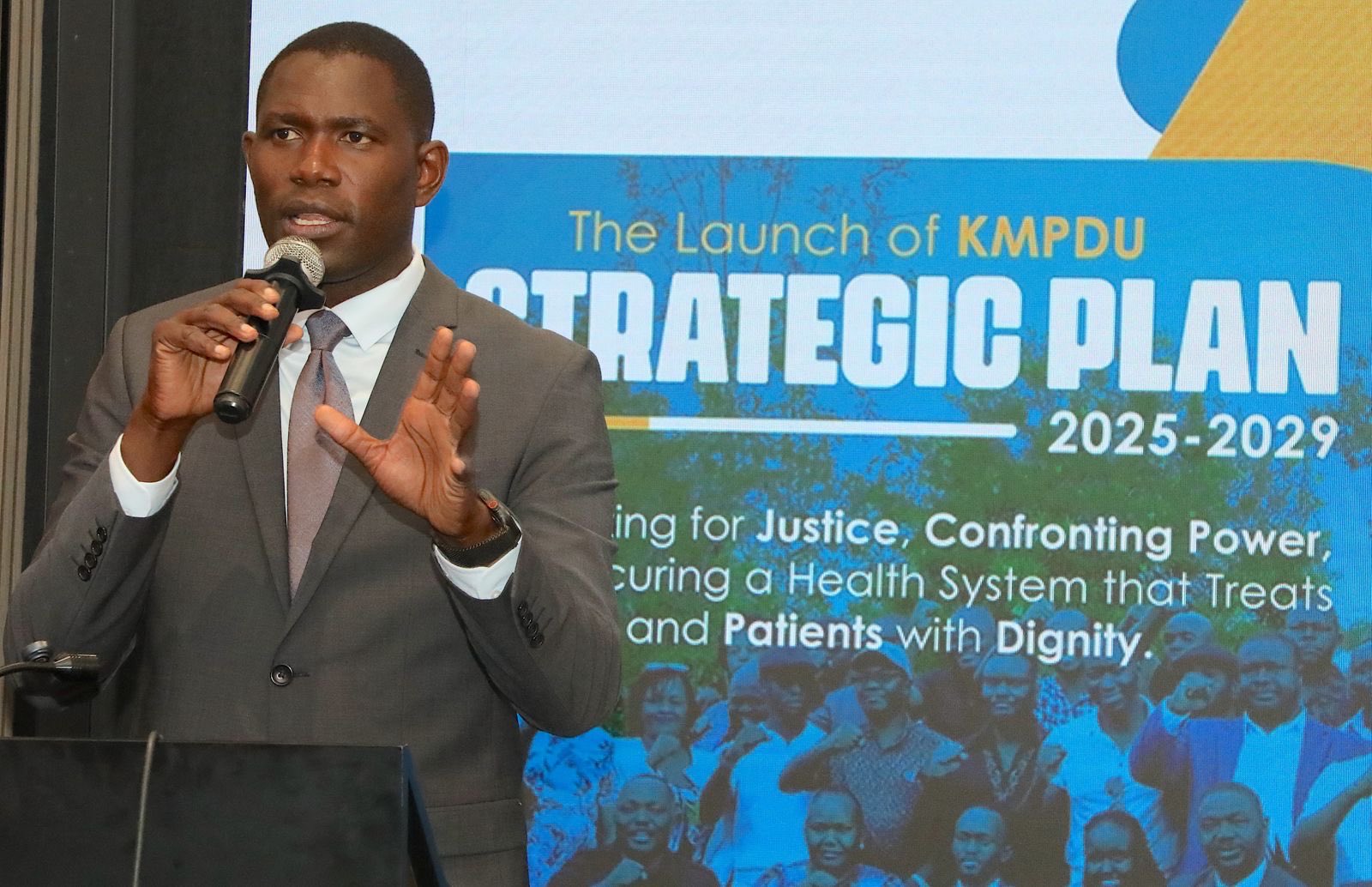Nairobi County moves to formalise and regulate childcare sector

The framework highlights childcare as a shared responsibility between the government, private sector, philanthropic organisations, and communities, ensuring standards, innovation, and inclusion.
Nairobi County is taking major steps to strengthen early childhood services by launching a comprehensive review and mapping of daycare centres across the city.
The move aims to understand where childcare services are currently operating, identify gaps, and provide a framework for improved support, supervision, and resource allocation.
More To Read
- Governor Sakaja unveils six-borough structure to enhance service delivery
- City Hall moves to recognise urban farmers in policy review
- How Riruta’s upgrade to Level IV hospital is transforming healthcare across Dagoreti
- Sakaja’s loan request for salaries draws ire from Nairobi MCAs for lack of details
- Eastleigh MCA blames county officials for destruction of newly built Captain Mungai Street
- Motion filed seeking probe into irregular land allocation in Nairobi County
The county announced the initiative on Saturday, November 1, 2025, revealing a collaboration with Kidogo Early Years, a social enterprise specialising in childcare.
Together, they will co-develop a new policy and regulatory framework designed to guide the sector, improve service quality, and ensure that childcare centres meet set standards.
Judy Macharia, head of Community Health Services, said the programme will enhance the well-being of children and formalise a sector that has often operated without consistent oversight.
“This initiative marks a crucial step towards institutionalising quality, sustainable Early Childhood Development in Nairobi’s broader agenda,” she said.
Macharia further highlighted the county’s commitment to children’s welfare, noting investments in programmes that provide both nutrition and training for health workers.
“Governor [Johnson] Sakaja continues to invest in children deeply. Beyond programmes like Dishi na County, where children are fed daily, we have secured funding to train healthcare workers and our 7,820 Community Health Promoters on nurturing care and the Care for Child Development approach,” she said.
“Our children are our future, and we are committed to developing policies and frameworks that support their welfare across the county.”
A central feature of the forum was the soft launch of the Childcare Mapping Pilot, coordinated by Kidogo Early Years and the county’s Education and Health departments. Early results show more than 4,000 daycare centres across Nairobi, revealing the scale of informal childcare that has largely been overlooked.
Elaine Wacuka, policy head at KEYs, explained how the new data will transform planning and service delivery. “For too long, informal childcare providers have been the silent backbone of working families, yet they’ve remained largely unseen in data and planning,” she said.
“Together with our partner, Nairobi County, we have developed the Childcare Mapping Tool, a data-driven initiative to help us make the invisible visible. For the first time, the county can visualise where childcare is happening, identify underserved neighbourhoods and, most importantly, understand what support providers need to improve the quality of service offering.”
Community Health Promoters contributed to refining the tool, ensuring it meets the needs of both service providers and policy makers.
The framework highlights childcare as a shared responsibility between the government, private sector, philanthropic organisations, and communities, ensuring standards, innovation, and inclusion.
To complement the mapping effort, the county’s Education department has drafted the Nairobi City County Child Care Facilities Regulations (2025).
These regulations aim to operationalise the Nairobi City County Child Care Facilities Act (2017) and raise the standard of childcare services throughout the county.
Top Stories Today














































